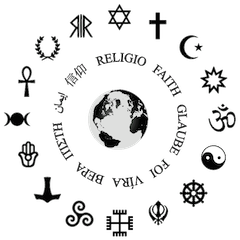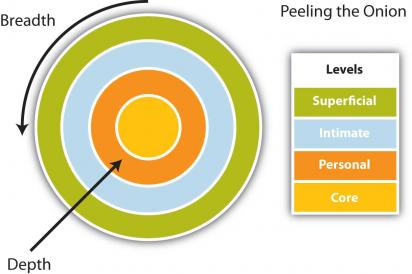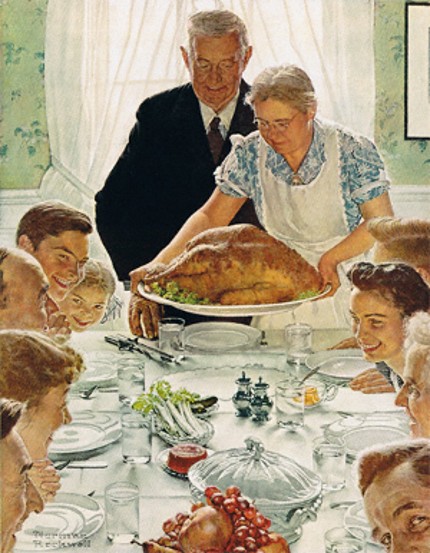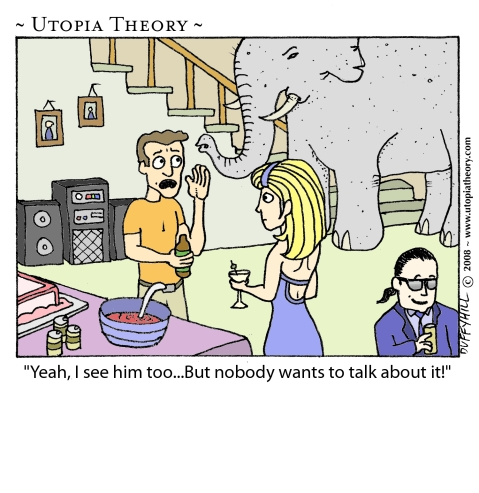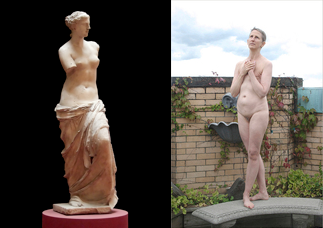When was the last time you challenged your own beliefs? When I work with couples to design their wedding ceremonies, I always ask them how they were raised in terms of religion and spirituality and where they are now in those terms in their lives. I have always been in awe of the deep questions regarding human existence – What is the purpose of our lives? What about God? If you believe in the existence of God, then how do you live your life as a true reflection of that belief? In working with couples, I am sad to discover how few have truly probed questions like these. Many label themselves as affiliated with a particular religious tradition, yet do not actively participate in its practices.
So, who are you in these terms? And, what do you believe? Do you actually breathe life into your beliefs by living according to the precepts of your tradition? I was in the airport recently and saw a family eating their homemade sandwiches together. They didn’t dress like the rest of us. Their clothes were humble and homemade, the grown and young girls wore their hair in pigtails, the mother wore no makeup, they had no cellphones or electronic games – they simply had each other. They prayed together before eating and I witnessed a loving camaraderie of interconnectivity between them all. Each of our lives is strongly informed by the presence or absence of our parents’ religious or spiritual worldview. Some of us sustain these traditions for the rest of our lives with varying degrees of personal passion, while others rebel against them or find a different perspective that seems to suit us better.
Regarding belief or disbelief in God, Pascal’s Wager offers an interesting perspective. He knew that reason was not the basis upon which one could establish the existence or non-existence of God. However, he recognized that the act of believing or disbelieving had certain predictable outcomes. In the case of one who believes in God, there are two possibilities. If God does not exist, the believer has perhaps been comforted by his or her belief, but is eternally unaffected. In the event of God’s existence, according to Pascal, the believer will be blessed by what he called ‘eternal salvation’ or what I might call alignment with God’s will. For the non-believer there are also two possible outcomes as well. If God does not exist, the non-believer suffers no real consequences other than the smugness of being ‘right’ having taken an unpopular position. If God does exist, Pascal reasoned that the non-believer
would face eternal damnation. His conclusion? Given the options of facing either no consequences or hell as a non-believer or no consequences or heaven as a believer, Pascal reasoned that it makes sense to open oneself to faith.
So, if for no other reason than to hedge one’s eternal bets, those who have never really explored the deeper questions of life’s purpose and the existence or absence of God and what all that means, exploring this terrain appears to be a wise investment of time and attention.
I have explored these questions for most of my life and been richly comforted by the beliefs that have resonated most deeply within me. My personal beliefs are not relevant here, but the experience of finding my truth has been one of my most treasured experiences. I regularly challenge my beliefs and they guide and comfort me each and every day. I encourage you to take stock of your beliefs. Are they alive within you or passive, intellectual concepts? Do you extend the freedom of belief to others? Or do you find it necessary to try to convince them that they are wrong and you are right? I do not believe that one set of beliefs is suitable for us all. Rather, it seems to me that we are each evolving in our own ways and what makes sense from one person’s perspective may seem ridiculous or wrong to another. I think it is important to remember that different reference points yield different points of view and if you stood in another’s shoes, you would most likely see and believe as they do. Tolerance and respect for our differences is essential to shared peace in this world.
So, what do you believe? And, are you able to extend the freedom of belief to others by honoring your differences? If not, why not?

